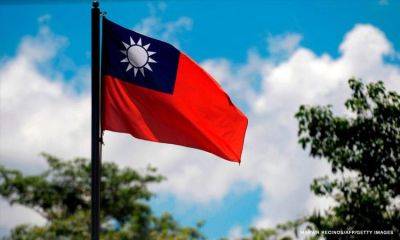Lessons from Mexico
Mexico stands to be the greatest beneficiary as the trade war between the United States and China escalates. It is well on its way to becoming one of the ten largest economies in the world. As a brother-country once tied at the hip, the Philippines proudly watches from the sidelines as Mexico rallies to high income status.
Let me pre-empt this story by first narrating the key lessons the Philippines can learn from the Mexican experience. These lessons will make more sense as the story unfolds.
National and local leadership must be intelligent, strategic and agenda-driven. Low caliber leaders whose experience lies in fields other than law, organizational management and public governance will most often fall short. They are simply not equipped for the job. A president who is more concerned about populism rather than doing what is economically sensible will always lead to economic reversals. Conditions for doing business in a country may be imperfect but an economy can still flourish if the right policies are in place (it’s all about the policies).
The entire country need not be highly competitive to attract investments. An efficient, well-governed enclave will suffice. (We have that in PEZA but space, infrastructure bottlenecks and high power costs stand in the way of its further success.) A poorly educated workforce will attract low-value investments. The reverse is true. Clustering within industrial zones to achieve integrated supply chains is a boon to attracting investments. The more free trade agreements a country is engaged in, the better it is for attracting investments.
The year was 2018 and the gaping trade deficits of America against China turned intolerable, as was China’s persistent intellectual property infringements on American technologies. To this, President Trump imposed several rounds of tariff hikes on Chinese-made goods. By 2021, President Biden not only retained the high tariff regime, he doubled down on it by imposing even more trade barriers. President Biden subsequently declared an economic de-coupling from China, the objective of which was to safeguard American technologies from Beijing’s sticky hands.
China’s declaration of “no limits”







